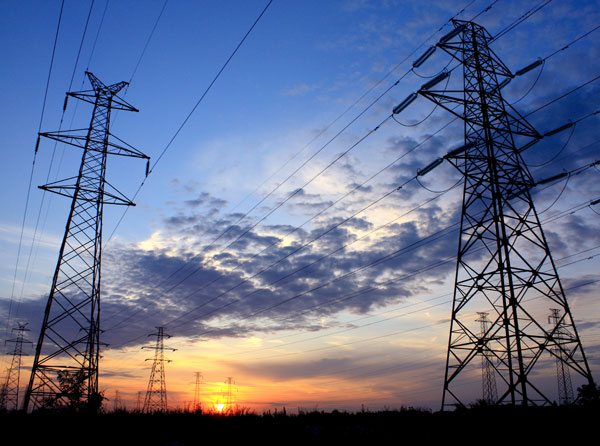
The EU relies on imports to provide more than half of its energy consumption, a colossal volume that represents, in value, a fifth of imports to the continent. The Juncker Commission has therefore made "security" of supply one of the leitmotif of its energy policy, relying on the construction of new gas pipelines and liquefied gas terminals while imports of coal and oil come from increasingly remote sources.
The proximity policy, the growing hostility with Russia and the support offered to dictatorships such as Qatar, is one of the main victims of the intersection of geo-strategic and energy interests, in which the EU shows a trade vision of very short range. And it is that the questionable economic viability of new gas infrastructure opposition is added to the new frontiers of fossil exploitation.
We must not forget that the European Parliament voted against the proposal of the Commission to facilitate the importation of Canadian tar sands: an opposition from which in all probability, will emerge the veto vote on the Free Trade Agreement between the EU and Canada (CETA). And we can expect the same opposition to shale gas imports preventing the achievement of such an "ambitious" energy chapter as the EU requires of its American counterparts in the TTIP. It is surprising that, while the EU lets European production of traditional fossil fuels such as coal die (languishing for lack of production aids and binding commitments for use in electricity generation), insist on promoting imports that multiply environmental and social costs: we only have to check the working conditions of coal mining in countries such as Indonesia, South Africa and Colombia.
In any case, the obsession with energy "security" does not solve the problem of dependency. The lack of energy sovereignty is a major source of economic vulnerability, especially in peripheral European states whose productive, weak and undiversified base forces them to allocate an increasing share of their exports to finance their energy deficit. And also it makes the European Union a huge predator of global resources, and especially fossil resources, which demonstrates the serious global and intergenerational unfairness of European development model.
Oligopolistic abuses are evident
In this sense, the development of local energy resources (renewable and in a transitional way, traditional fossil) should be a priority for the EU. Even more so when its climate targets dictate that they involve 100% of the energy mix by 2050. But it seems that their policies have so far have not given expected results. According to the Commission, a significant number of countries (France, UK, Spain, Malta, Belgium, Netherlands and Luxembourg) will not reach the target of 20% renewable energy by 2020 and the 27% target for 2030, and are so lax as not to be binding, since the Member States are pushing to "make them more flexible" at national level.







